Earth
Sign up for our newsletter
We summarize the week's scientific breakthroughs every Thursday.
-
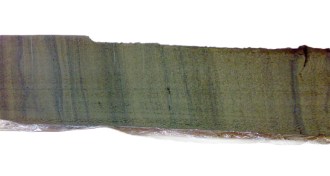 Oceans
OceansWorld’s largest ocean dead zone may shrink as Earth warms
North Pacific dead zone may grow smaller, not expand, as climate change weakens Pacific Ocean trade winds.
-
 Oceans
OceansMercury at ocean surface may have tripled since preindustrial times
Questions remain over dangers of toxic metal in environment.
By Beth Mole -
 Earth
EarthCloud seeding fueled fire about weather modification
Experiments in 1964 resulted in “exploding” clouds.
-
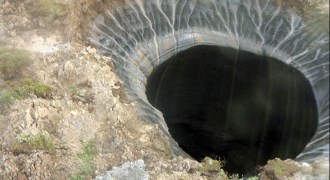 Earth
EarthSiberian crater mystery may be solved
Thawing permafrost probably burped a ground-breaking methane bubble that ripped the huge hole in the Yamal peninsula.
-
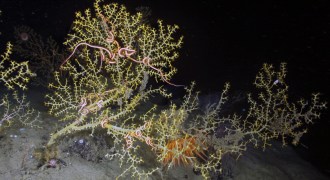 Environment
EnvironmentDeepwater Horizon damage footprint larger than thought
In the Gulf of Mexico, most deep-sea corals have escaped damage from the Deepwater Horizon blowout. However, the impact does extend deeper and wider than previously thought.
-
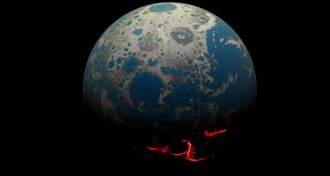 Earth
EarthEarly life probably fell victim to massive space rocks
Planet-sterilizing impacts probably snuffed out early life on Earth until around 4.3 billion years ago.
-
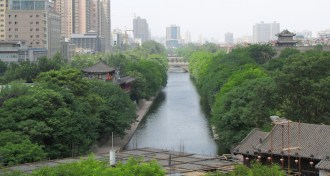 Environment
EnvironmentRecycled water may flood urban parks with dangerous germs
Irrigating city parks with recycled water may flood the soil with drug-resistant microbes.
By Beth Mole -
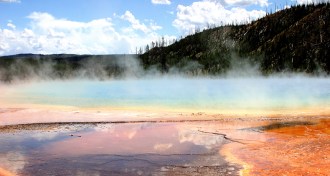 Earth
EarthMerging magma can set off supervolcanoes in less than 10,000 years
The reconstruction of a massive eruption 4.5 million years ago near Yellowstone National Park suggests that magma chambers merging together beneath a supervolcano can trigger explosions in less than 10,000 years.
-
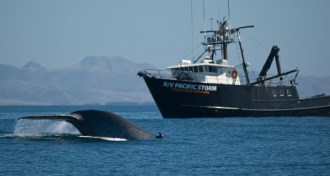 Oceans
OceansWhales and ships don’t mix well
A 15-year study of blue whales off California has found that major shipping lanes cut through feeding grounds.
-
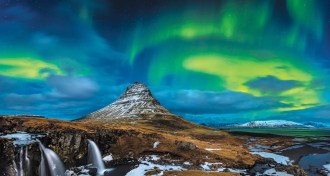 Earth
EarthWonders of the northern lights
An Icelandic aurora catches a photographer’s eye and a contest prize.
-
 Chemistry
ChemistryMolecular cage traps rare gases
Organic compound could cull valuable xenon from the air and detect cancer-causing radon in homes.
By Beth Mole -
 Environment
EnvironmentWild monkeys near Fukushima have low blood cell counts
Primates near the ill-fated nuclear power plant may have been affected by radiation.
By Beth Mole